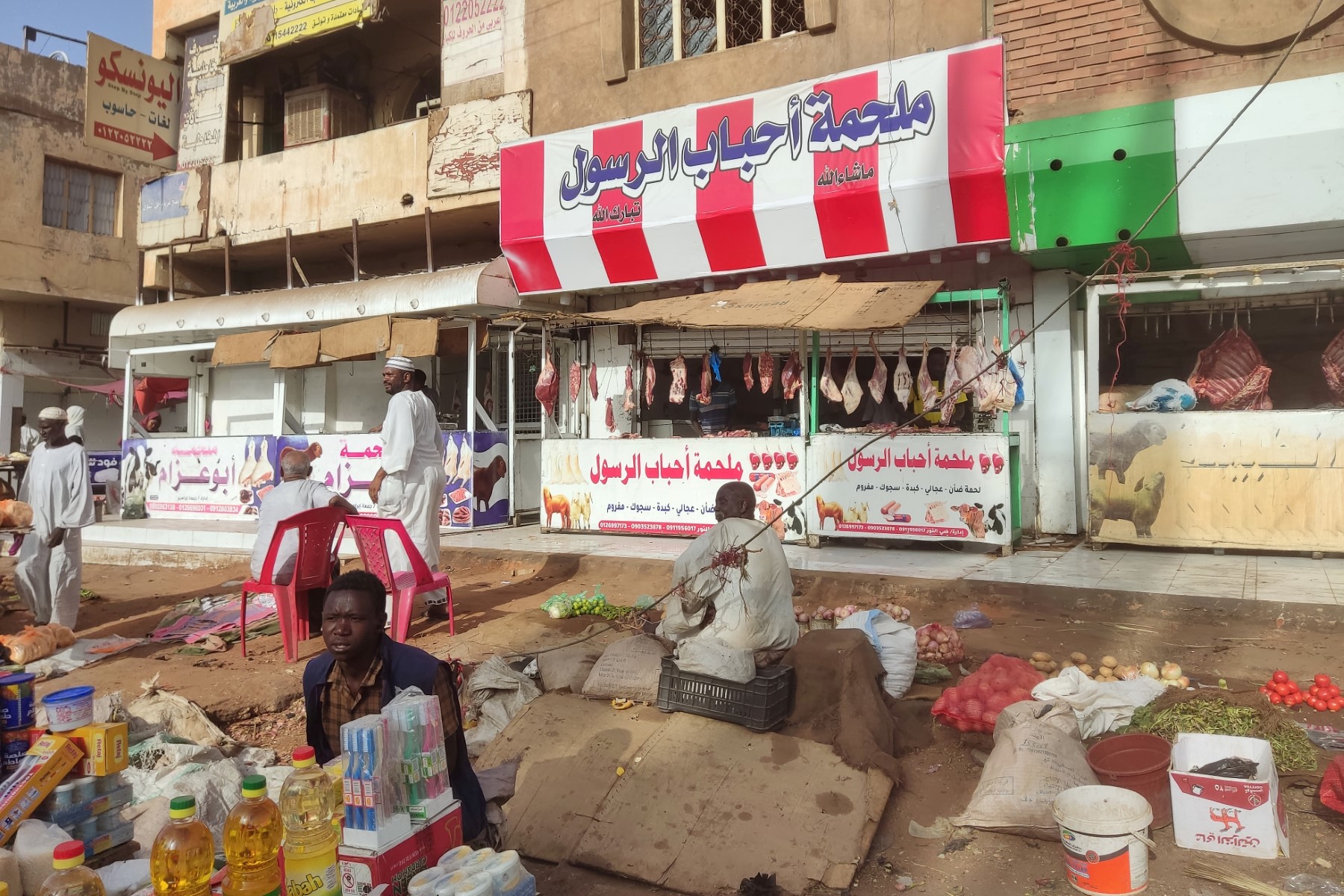El Massied, Sudan– A market in war-torn Sudan nicknamed for paramilitary commander Mohamed Hamdan Daglo offers everything for a fraction of the usual price — on one condition: never ask where the products came from.
During more than four months of deadly conflict between Daglo’s Rapid Support Forces (RSF) and the regular army, the paramilitaries have been widely accused of looting homes, shops, hospitals, aid convoys and warehouses.
But don’t mention any of that at “Daglo” market in El Massied, about 60 kilometres (35 miles) south of the capital Khartoum, where shoppers can find everything from food, medicine and home appliances to construction materials and car parts.
While not directly linked to the RSF in any way, the open-air bazaar has come to be known by that name in a wink at the looting associated with fighters loyal to the paramilitary chief.
A TV goes “for 50,000 pounds ($80)”, said one vendor, far below the 230,000-pound price tag on the high street.
And the dimensions? “Look for yourself, it’s right in front of you,” she told a customer.
A man selling refrigerators boasted an affordable cost — “150,000 pounds each instead of 450,000 in stores” — but still nearly twice the average monthly salary in the impoverished country.
The market lies on the main road linking Khartoum and the city of Wad Madani, where many residents of the capital displaced by the fighting have found shelter.
Once one of Sudan’s busiest highways, it is now eerily quiet and dotted with checkpoints manned by armed guards.
Asked where the goods came from, one saleswoman at “Daglo” abruptly replied: “Did you come here to shop or to talk?”
‘Everything’ gone
The stock seems to roughly match what residents, merchants and humanitarian workers have reported was looted since clashes erupted on April 15 in Khartoum.
The conflict has since killed about 5,000 people, according to a conservative estimate by the Armed Conflict Location & Event Data Project, and driven some three million out of the capital.
Many houses left empty have been looted or occupied by RSF fighters, who according to multiple accounts have also ransacked food storehouses and attacked convoys carrying medical supplies.
In the chaos of the fighting, some civilians have also taken a share of the spoils in a country where more than half of the population is now in dire need of aid.
Experts say this has contributed to Sudan’s “de-industrialisation”, threatening its already meagre prospects for economic revival.
A Toyota car dealership in Khartoum said in early August it had been robbed of “1,192 new cars and boxes of spare parts”.
While much of the looting has been blamed on the RSF, El Massied’s “Daglo” market is in army-controlled territory, with the nearest paramilitary checkpoint around a dozen kilometres away.
Residents of nearby villages say they can hear the fighting as it gradually extends southwards by the day.
Khartoum residents who have remained in the capital have their own open-air “Daglo” market, several of them told AFP.
There, too, they can find just about anything cheaply — a tempting opportunity for those who had to start over because of the conflict, often with little cash as most banks closed shortly after fighting began.
Mohammed Hassan Khalifa was left with nothing after fighters went into his north Khartoum home. “They looted everything we had,” he told AFP.
And Mohammed Abdelal had his electrical appliances shop emptied by unidentified thieves.
If they are ever to find their lost belongings, a “Daglo” market could be the most likely place.

